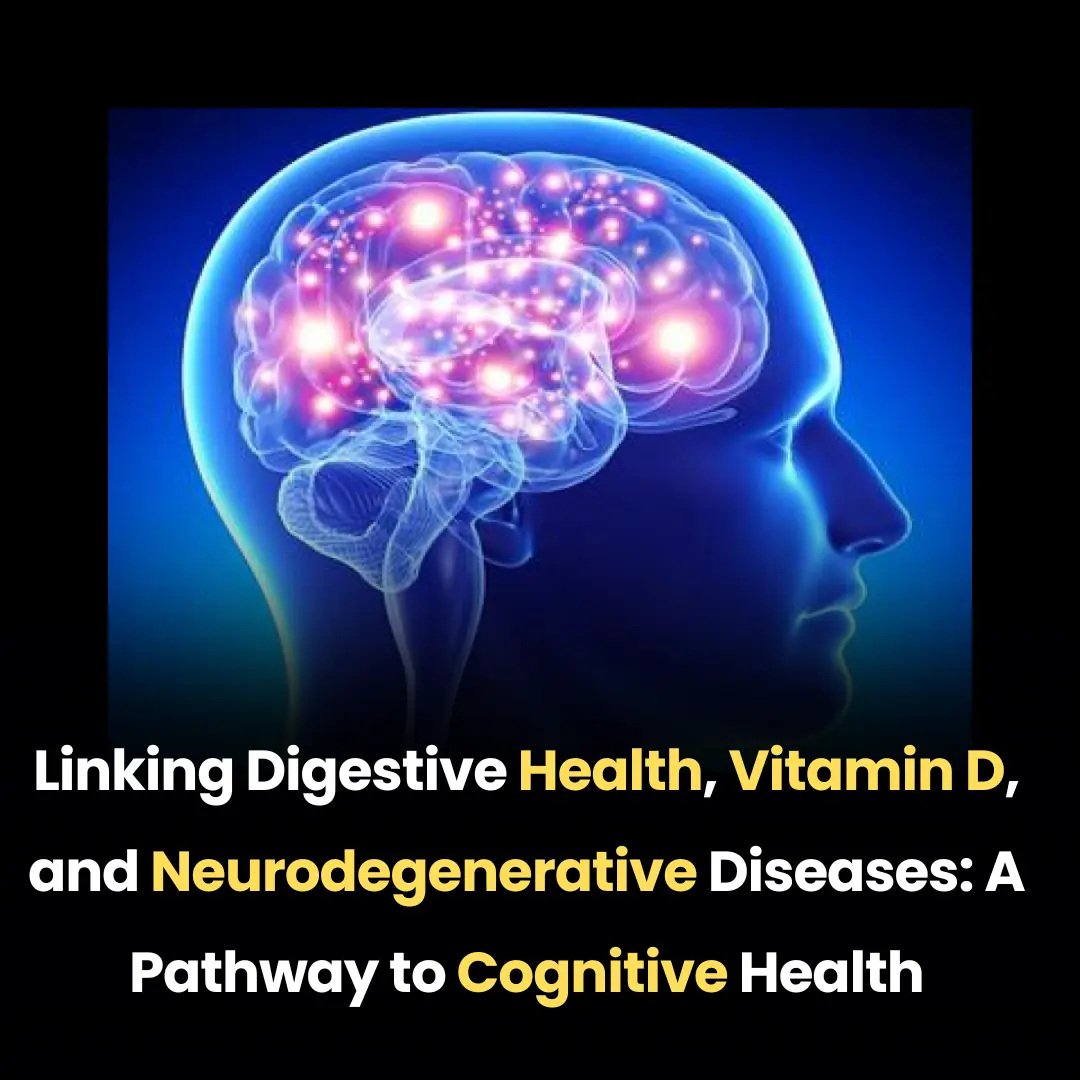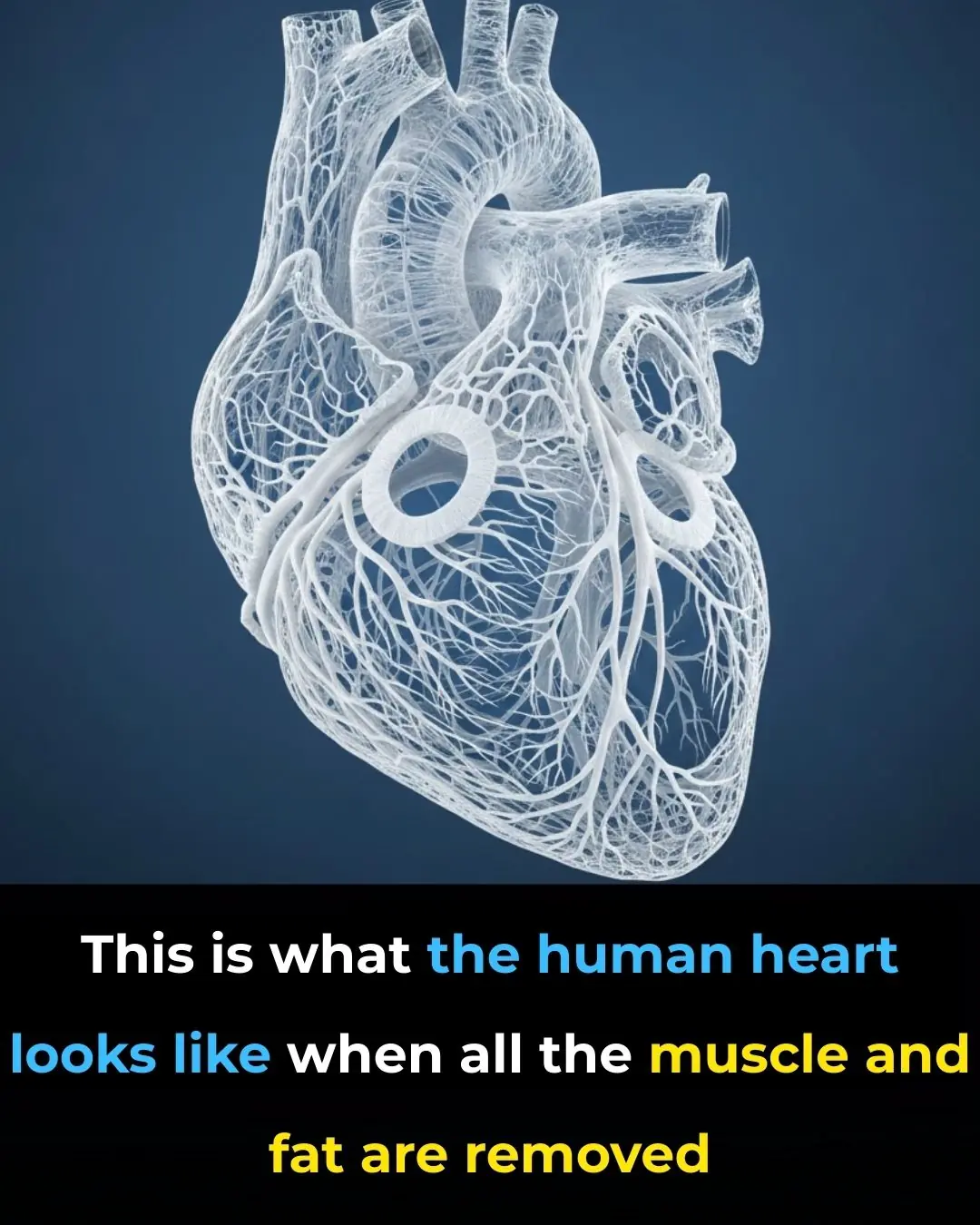
The Hidden Dangers of Long-Term Energy Drink Consumption
Long‑term heavy consumption of energy drinks can place severe strain on the body — and growing evidence suggests that over time, it may damage not only the heart, but also the liver, pancreas, kidneys, and the nervous system. Although occasional use is unlikely to cause major harm, habitually drinking energy drinks in excess can lead to persistent health problems that may take years to appear.
Physiological Stress on Vital Organs
Energy drinks typically deliver high doses of caffeine, along with added stimulants (for example taurine or guarana) and, often, large amounts of sugar. That combination forces key organs — especially the heart — to work harder than intended. According to a recent systematic review, consumption of energy drinks is linked to significant increases in heart rate, systolic and diastolic blood pressure, and prolongation of the QTc interval on ECG. These cardiovascular changes can impose chronic stress on the cardiovascular system.
Experimental evidence supports the danger: in one study, combining caffeine with taurine (common ingredients in energy drinks) triggered ventricular arrhythmias in a dose‑dependent manner. That suggests that even in hearts without structural disease, the electrical system may become destabilized under the influence of energy‑drink stimulants.
Risk of Arrhythmias, Hypertension, and Sudden Cardiac Events
Frequent use of energy drinks has been tied to a higher risk of arrhythmias and other serious cardiac events — even in young, otherwise healthy individuals. In a large retrospective study conducted at the Mayo Clinic, among over 5,000 patients evaluated for sudden cardiac arrest between 2000 and 2023, seven survivors were found to have consumed energy drinks before their episodes. Some had underlying genetic heart conditions, but not all. While these events remain rare, they highlight a real and potentially life‑threatening hazard.
Moreover, repeated consumption tends to elevate baseline blood pressure, increasing the risk of hypertension — a known long‑term risk factor for heart disease and stroke.
Metabolic, Liver, Kidney, and Nervous System Effects
Beyond the cardiovascular impacts, the sugar content and stimulants in energy drinks can have broader metabolic consequences. Regular intake may contribute to insulin resistance, weight gain, and metabolic syndrome — raising the risk of type 2 diabetes and fatty liver disease over time.
There is also concern over kidney stress: the diuretic effect of caffeine, combined with other stimulants and sugars, can lead to dehydration and strain on renal function.
In terms of the nervous system, chronic overstimulation by caffeine and similar agents can disturb normal sleep patterns and increase anxiety, jitteriness, and nervousness. Over time, such disturbances may impair daily functioning and mental well‑being.
Why “Occasional” vs “Chronic” Use Makes Such a Difference
It’s worth stressing that occasional consumption of energy drinks — for instance, one can here or there — is generally not considered dangerous for healthy adults. However, chronic heavy consumption (for example, daily intake or multiple cans per day) significantly increases the risk of long‑term harm. A 2025 review concluded that while moderate caffeine intake from common beverages may be safe, the high concentrations and additional stimulants in energy drinks make overuse a serious concern.
For individuals with pre‑existing conditions — such as hypertension, arrhythmia, or a predisposition to heart disease — even moderate consumption may pose greater danger.
Conclusion: Moderation — Or Better Yet, Avoidance
Energy drinks are often marketed as quick ways to boost energy, focus or alertness. But as mounting scientific data shows, their regular overuse carries real health risks — from elevated blood pressure, arrhythmia, and cardiovascular stress to metabolic issues, liver or kidney strain, and nervous‑system effects. For long‑term health, moderation is essential — and for many people, especially those with cardiovascular or metabolic risk factors, limiting or avoiding energy drinks altogether is the safest choice.
News in the same category


PP405: A Promising New Drug That Could Revolutionize Hair Loss Treatment by Reactivating Dormant Hair Follicles

Astronomers Capture Groundbreaking Image of New Solar System Formation

Denmark's 'Rolling Grocer' Initiative Brings Fresh Food and Community Connection to Rural Seniors

Mosquitoes Discovered in Iceland for the First Time: A Warning of Climate Change Effects

Denis Vashurin: The Man Who Appears as a Teenager Despite Being in His 40s

M.K. Prakasan: The Teacher Who Swims 12 km Daily to Educate Students in Kerala

Belgian Prodigy Laurent Simons Earns PhD in Quantum Physics at Just 15 Years Old

Revolutionary Cancer Treatment: Activating Immune Structures Within Tumors to Shrink Cancer and Prevent Relapse

Linking Digestive Health, Vitamin D, and Neurodegenerative Diseases: A Pathway to Cognitive Health

The 400-Year-Old Greenland Shark: A Living Witness to Centuries

Frozen Time Capsule: Scientists Reveal Ancient Antarctic Landscape

How Cold-Water Swimming Boosts Mood, Reduces Stress, and Enhances Mental Wellbeing

Snakebite Panic Leads Farmer to Sever Finger, Doctors Confirm No Danger

Why Even Small Amounts of Light at Night Can Harm Your Sleep and Mental Health

Apple Extract: A Natural Alternative to Chemotherapy for Treating Colon Cancer

Revealing the Human Heart: A Stunning Look at Its Circulatory System Without Muscle or Fat

Why the Brain Remembers Negative Experiences More Than Positive Ones: Implications for Mental Health and Well-Being

Having the letter M on the Palm of your hand means that
News Post

The Arrival of Mosquitoes in Iceland: A Sign of Shifting Ecosystems and Public Health Risks

PP405: A Promising New Drug That Could Revolutionize Hair Loss Treatment by Reactivating Dormant Hair Follicles

Astronomers Capture Groundbreaking Image of New Solar System Formation

Denmark's 'Rolling Grocer' Initiative Brings Fresh Food and Community Connection to Rural Seniors

Mosquitoes Discovered in Iceland for the First Time: A Warning of Climate Change Effects

Denis Vashurin: The Man Who Appears as a Teenager Despite Being in His 40s

M.K. Prakasan: The Teacher Who Swims 12 km Daily to Educate Students in Kerala

Belgian Prodigy Laurent Simons Earns PhD in Quantum Physics at Just 15 Years Old

Revolutionary Cancer Treatment: Activating Immune Structures Within Tumors to Shrink Cancer and Prevent Relapse

Flaxseeds Gel For Faster Hair Growth

Linking Digestive Health, Vitamin D, and Neurodegenerative Diseases: A Pathway to Cognitive Health

The 400-Year-Old Greenland Shark: A Living Witness to Centuries

Frozen Time Capsule: Scientists Reveal Ancient Antarctic Landscape

How Cold-Water Swimming Boosts Mood, Reduces Stress, and Enhances Mental Wellbeing

Snakebite Panic Leads Farmer to Sever Finger, Doctors Confirm No Danger

Why Even Small Amounts of Light at Night Can Harm Your Sleep and Mental Health

Apple Extract: A Natural Alternative to Chemotherapy for Treating Colon Cancer

Revealing the Human Heart: A Stunning Look at Its Circulatory System Without Muscle or Fat
